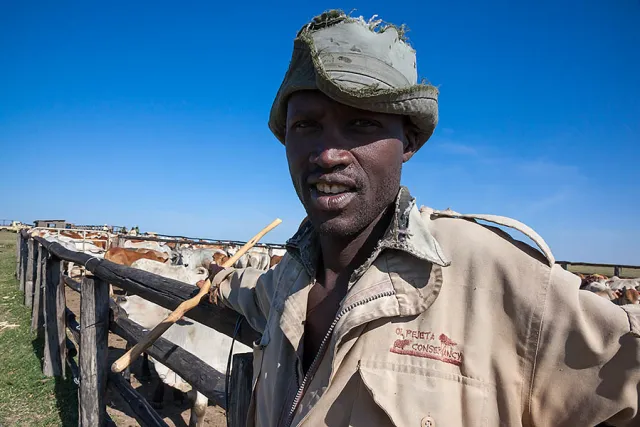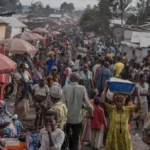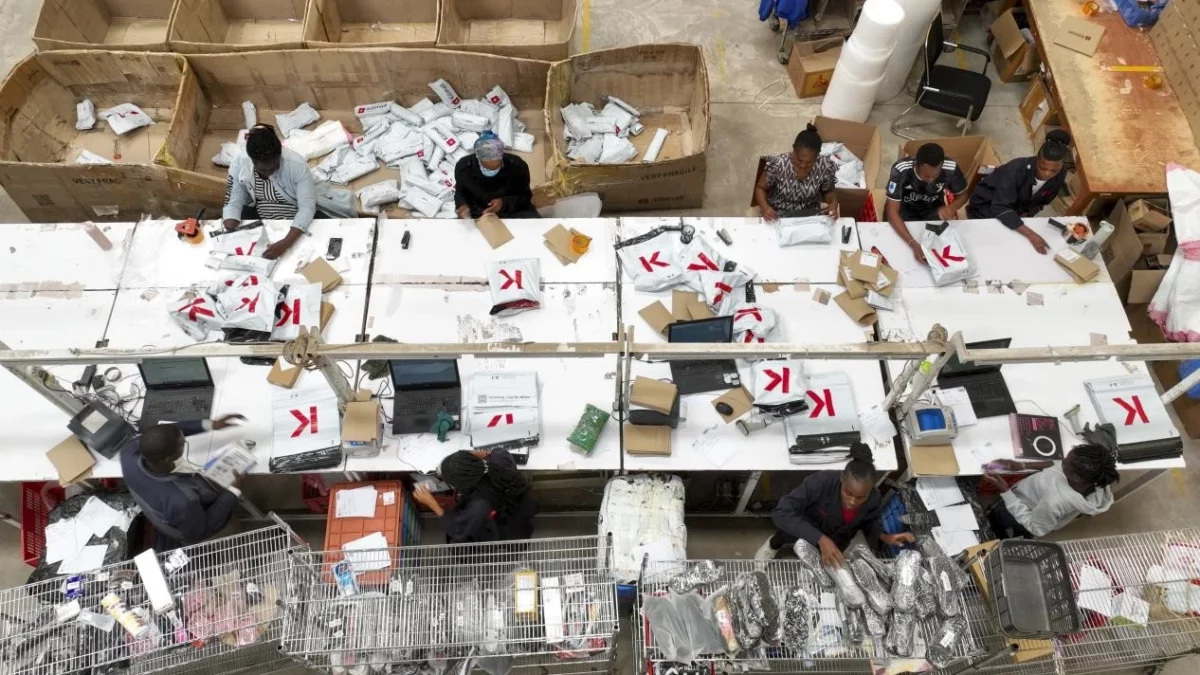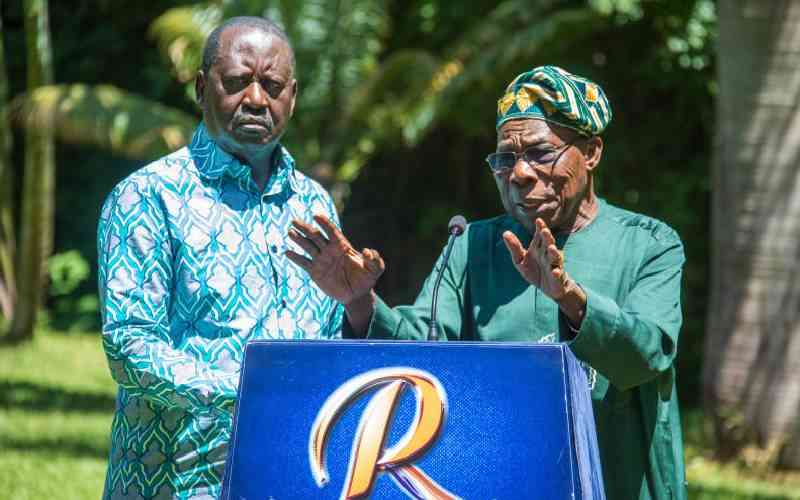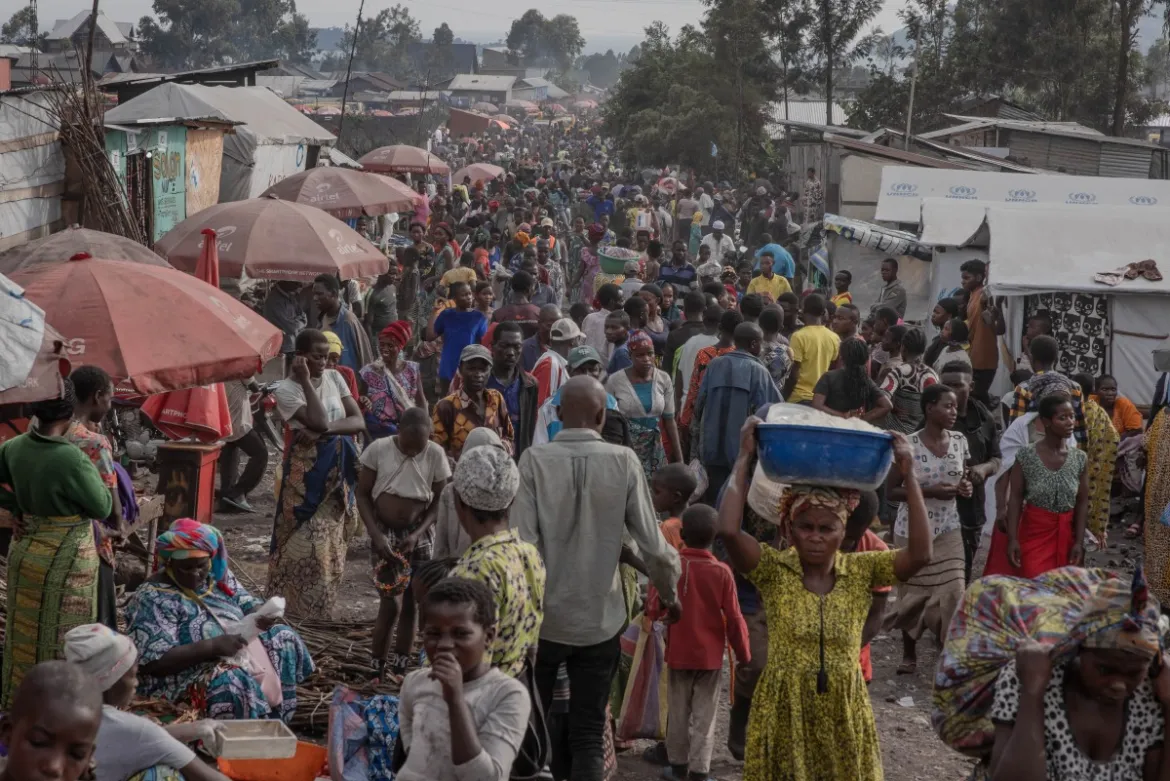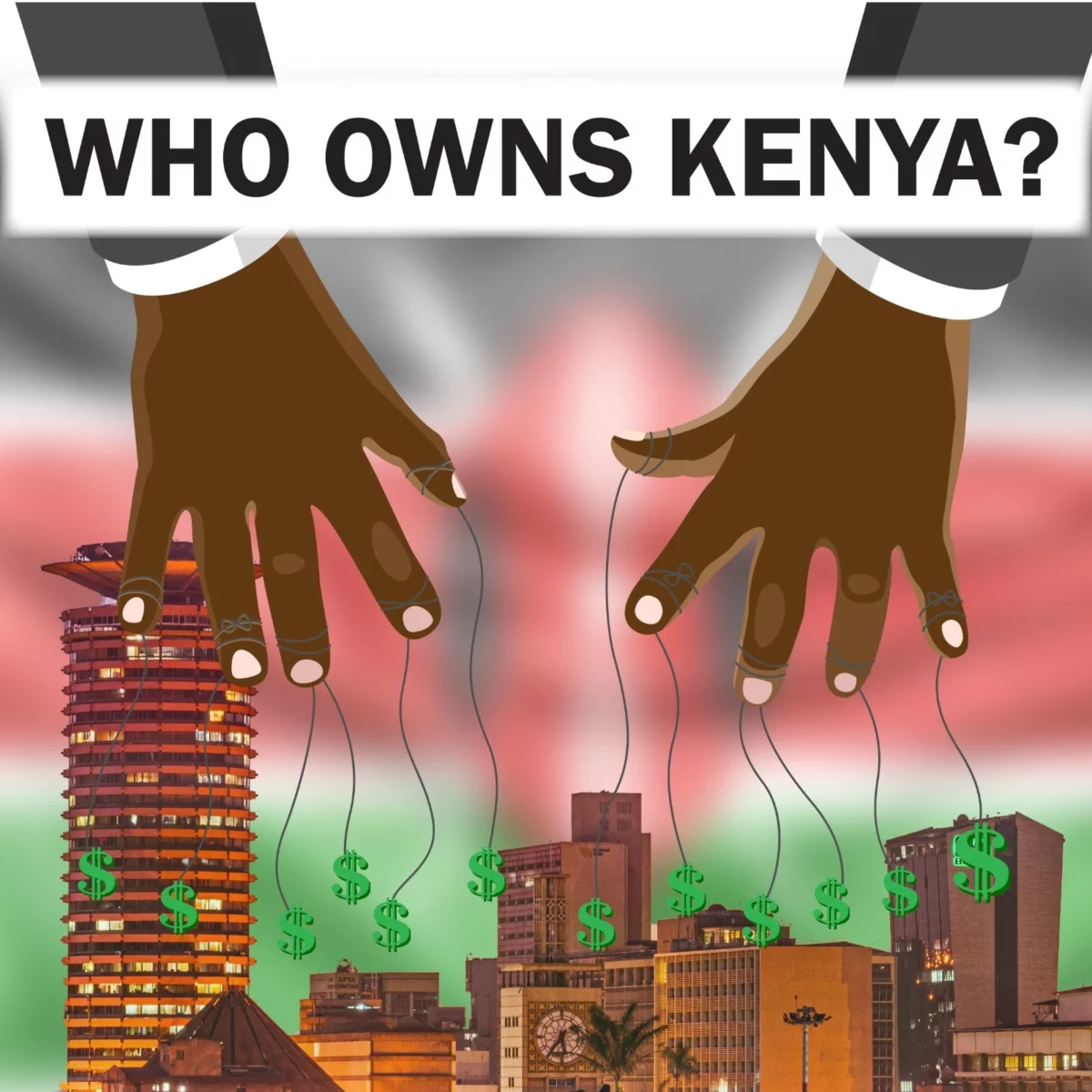Pastoralists in Laikipia north, Ol Pejeta region are giving up more than just lands and their economic activity of rearing livestock as a result of climate change impacts.
Laikipia is county number 31 of the 47counties of Kenya, located in the equator in the former rift valley province, It’s the only one neighboring two major urban towns, Nanyuki to the South East and Nyahururu to the South west.
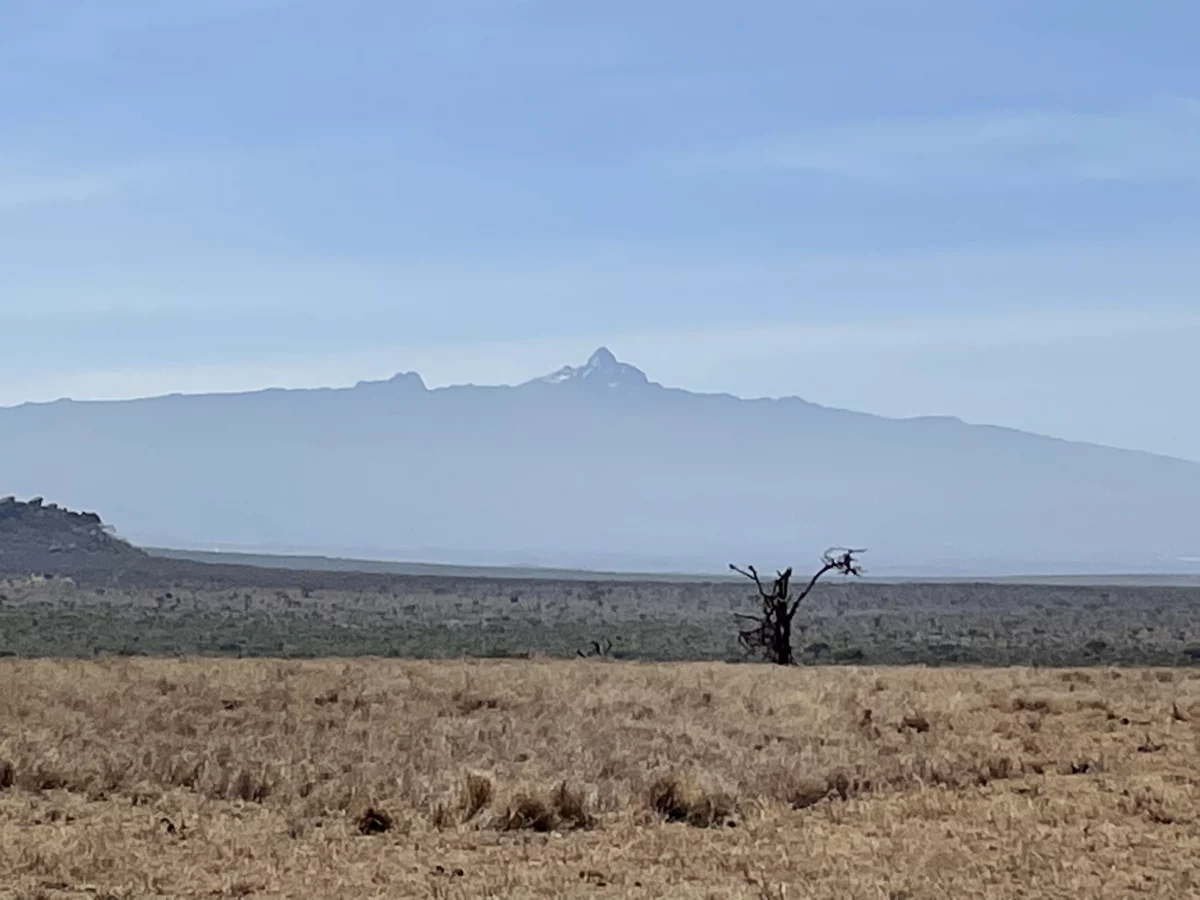
This cosmopolitan town is one region renowned for abundant and diverse wildlife species sustained outside protected areas through a collective of conservation activities among private landowners and pastoral group ranches.
Little research has considered pastoralists’ roles in the region’s conservation efforts or the ways that those efforts shape local livelihoods.
On a site visit tour with a real estate developer company that sells parcels of land in Segera Ol Pejeta, Laikipia north. I was privileged to speak to Barnaba, a resident and a longtime herdsman in the region, who narrates why his community pride in livestock rearing will extinct as a culture and economic activity.
“Nimekua nikichunga tangu mwaka wa 1995, huku kulikua bado kuna nyasi mzuri na maji kwa mto Ewaso Nyiro na hata dams. Mifugo ilikua na afya na mali ilikua nyingi. Lakini mvua ilianza kudidimia na kuna wakati ilikosa kunyesha kwa misimu tatu, mambo yamebadilika”. Barnaba narrated.
Barnaba notes that they have experienced diminishing pasture as a result of changing rain patterns which have been consistent, making the land barren for pasture and water. Which are the major resources the pastoral community depends on.
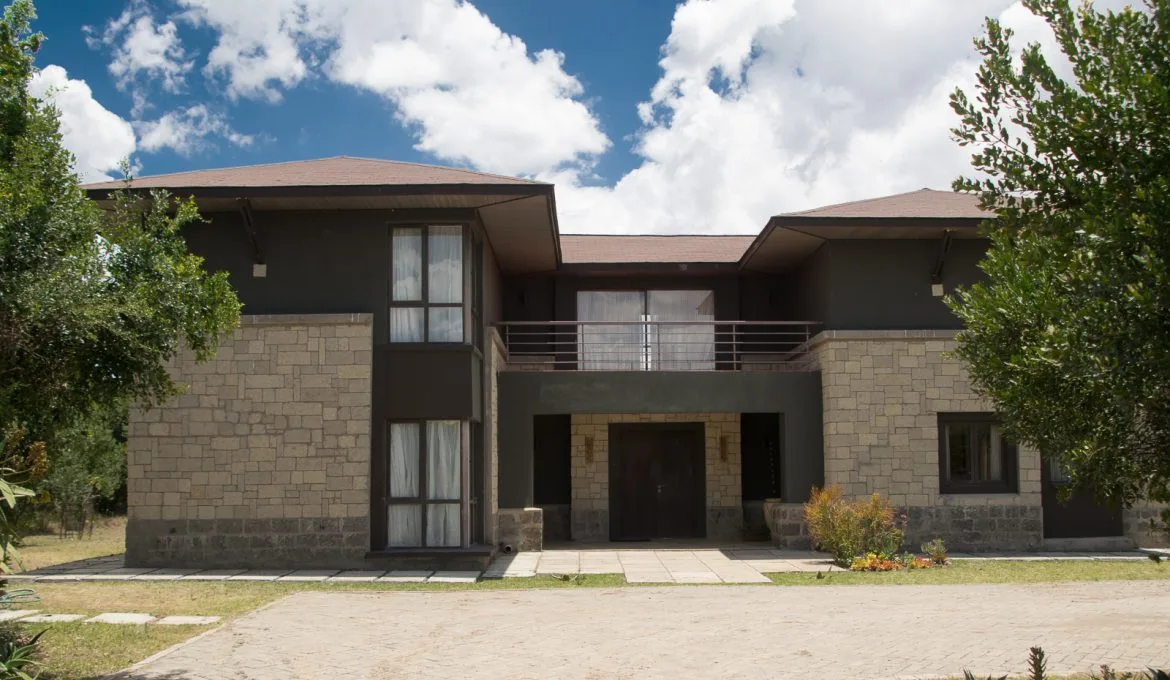
“Mvua ilikosa kunyesha kwa miaka tatu toka 2019, lishe imepungua, dams zimekauka, mifugo hawapati lishe ya kutosha, sasa wanakua na afia isiyo nzuri. Tunauza tu sasa, ndio angalau tupate kitu kabla hawajabaki bila thamani. Shamba pia tumeuza sana.” He added.
Besides, climate change has led to other factors that has contributed towards wiping out livestock keeping as a culture and economic activity. Pasture and water gradually disappears as a result of ecological change, many other side effects arise. This factors are as follows:
Insecurity
As water and pasture vanish, pastoral communities often clash over this crucial resources, arousing disputes that cause further harm. Bandit attacks is common n this regions, as pastoralists lose there animals and lives as well.
“Tumekua na uwizi wa mifugo na upokonyaji wa mashamba na jamii zingine sugu, wanatuibia mali na wanaleta vurugu ju ya mashamba, kwasababu ata wao wanataka mahali mifugo yao itanawiri. Sasa wafugaji tunapigania mashamba ambazo bado zinalishe.
Cases of livestock theft and land disputes among the pastoral communities in this region have surfaced on an escalated scale in the recent years compared to the past. As some people have lost their lives and families displaced.
Kanyaman who served as director Golden Valley Cooperative Society based in Kapedo, on the volatile Baringo-Turkana border was shot dead by bandits in early October 2022.
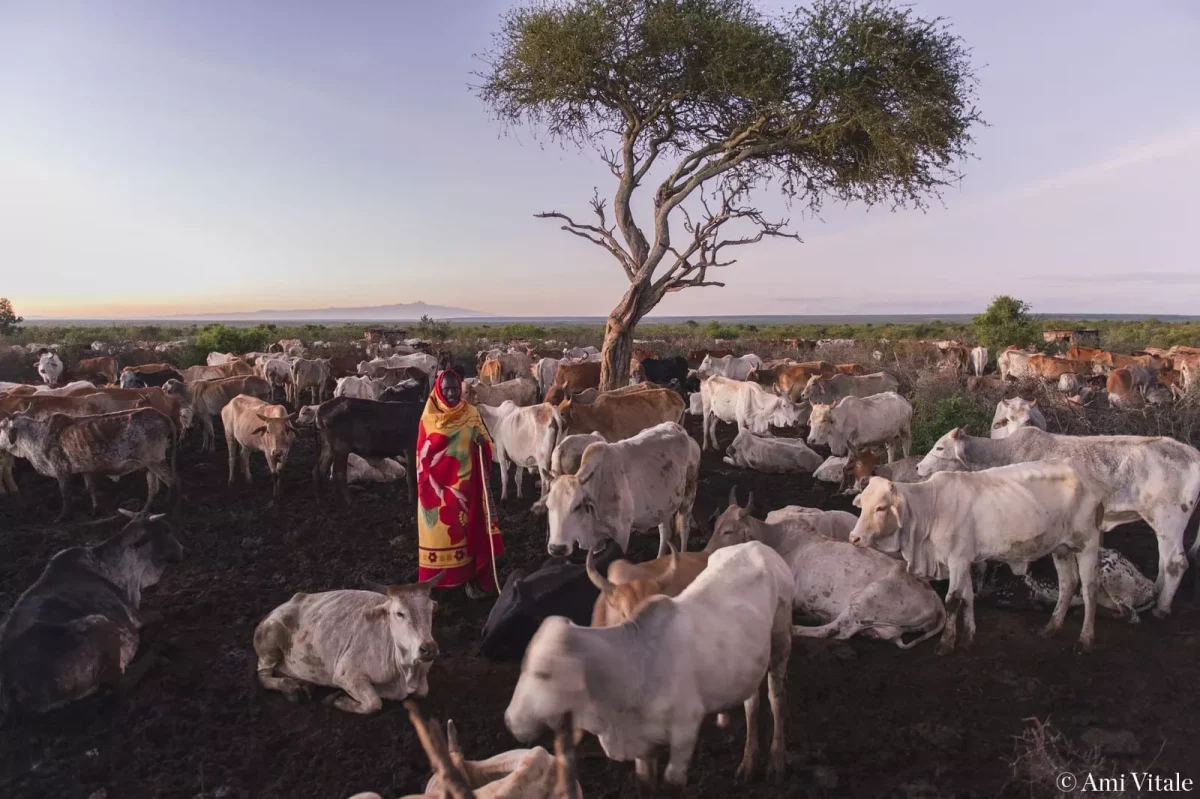
“The society membership brought together over 4,000 poor Turkana residents displaced by bandits and were currently putting up as squatters in parts of Baringo, Laikipia, Samburu, Turkana and Elgeyo-Marakwet counties,” Laikipia group coordinator Jeremiah Nanei reported to media following the death of Kanyanam.
Lose of large Parcels of Land
The pastoral community lose land by selling it out to real estate developers for its unproductive condition. This force them to drop pastoralism as an economic activity and adapt to other ways of survival.
Subscribe to our You tube channel at Switch tv.
Real estate developers have bought large parcels of land from the pastoral communities by purchasing and selling to investors who erect Hotels, residential centers, among other facilities. While some buyers practice smart agriculture in greenhouses.
Lost Culture
Pastoral communities rear livestock as a culture and a source of their livelihood, but with the absence of pasture and water, they are forced to drop an ethnic practice they have inherited down to many lineages. The pastoral communities like, the Borana, Turkana, Samburu, Maasai, Pokot, among others, have to drop their culture in order to survive economically.
“Sisi tunapoteza mila yetu ya ufugaji vile muda inasonga, tumejulikana kama wafugaji toka jadi, lakini sasa tunapoteza io mila kulingana na hali ya anga kubadilika. Mifugo ndio mali yetu na utamaduni yetu, ila io tumepoteza historia yetu kama jamii ya ufugaji. Sasa tunalazimika kuuza mashamba na mifugo angalau tuweze kufanya mambo mengine kama ukulima ama uchuuzi” Barnaba narrates.
Adapting Smart Agriculture
Some of the communities are venturing into Smart agriculture as a substitute economic activity, which is expensive and may be achieved by just a small number of the pastoralists. For instance Green house farming.
Read Also: Soil is a Major Climate Conservation Tool, Yet Diminished.


